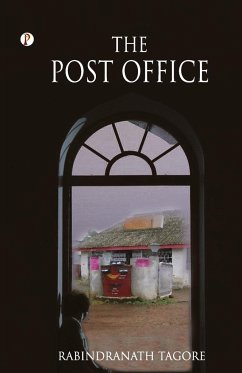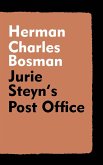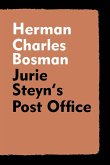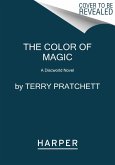The Post Office is a 1912 play by Rabindranath Tagore. Rabindranath Tagore was the first non-European writer to win the renowned Nobel Prize in literature. Today, he continues to be one of the most important and influential voices in World literature. The play revolves around the life of a child, Amal who is confined to his adoptive uncle's home by an incurable disease. The construction of a new post office nearby prompts the imaginative Amal to fantasize about receiving a letter from the King or being his postman. The village headman mocks Amal, and pretends the illiterate child has received a letter from the king promising that his royal physician will come to attend him. Will the physician arrive? Is Amal going to keep waiting? Read this beautiful heart-warming piece and find out for yourself.
Hinweis: Dieser Artikel kann nur an eine deutsche Lieferadresse ausgeliefert werden.
Hinweis: Dieser Artikel kann nur an eine deutsche Lieferadresse ausgeliefert werden.








